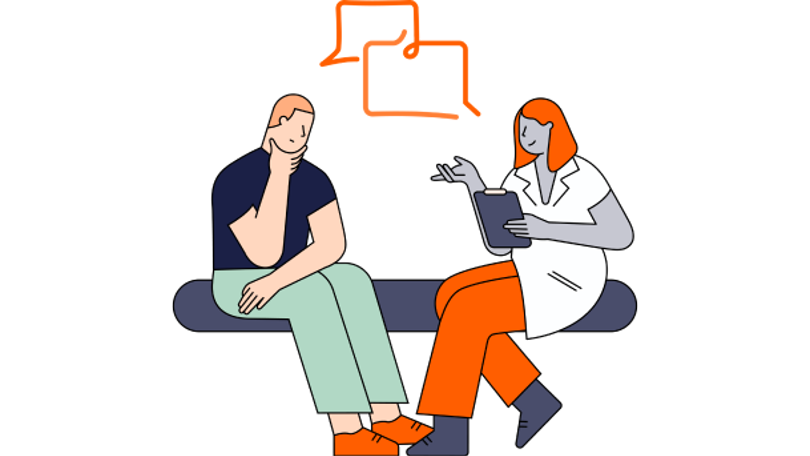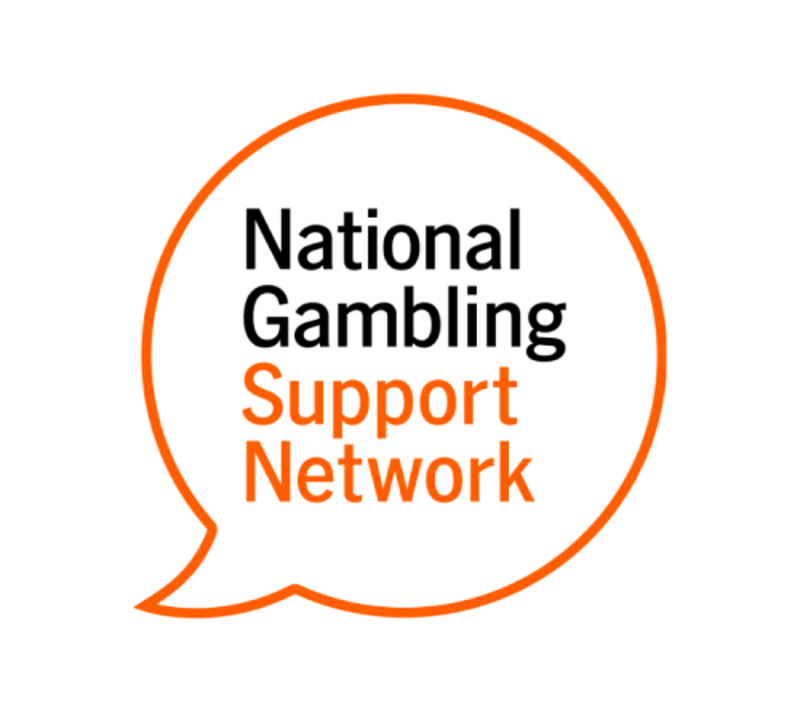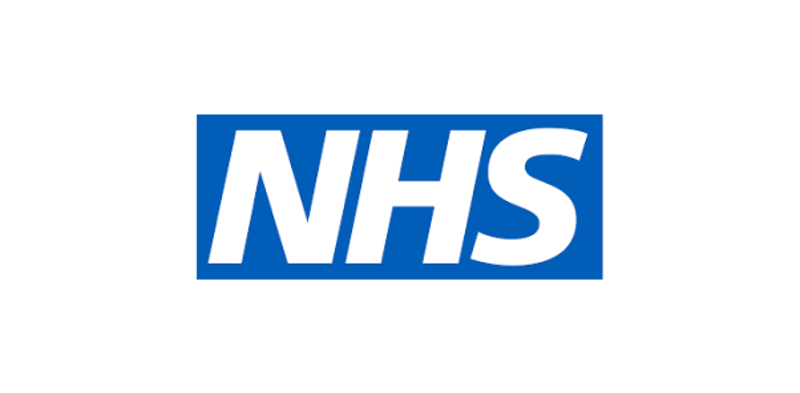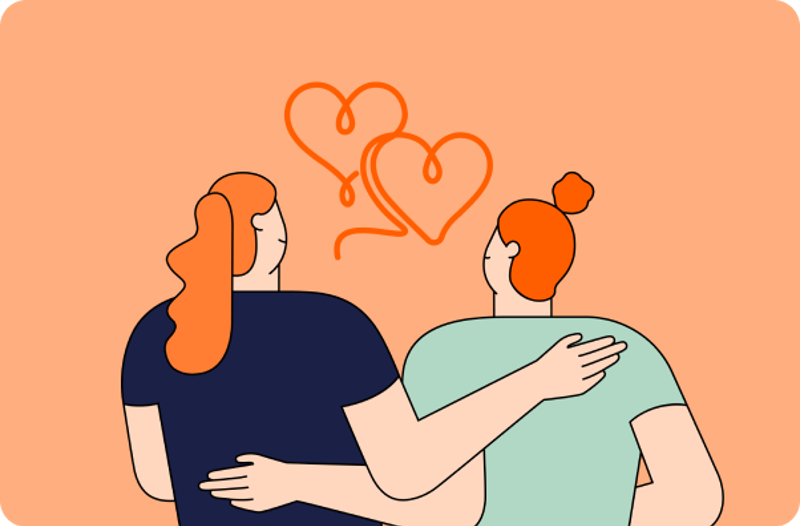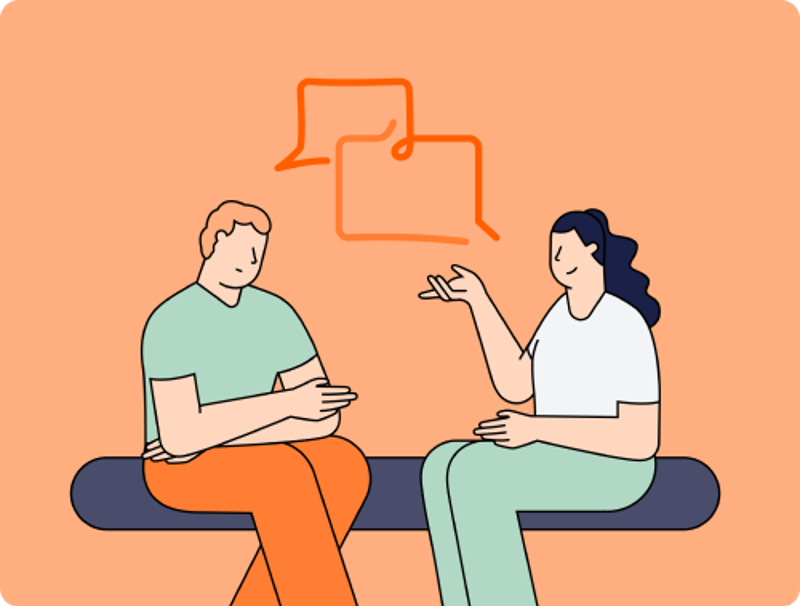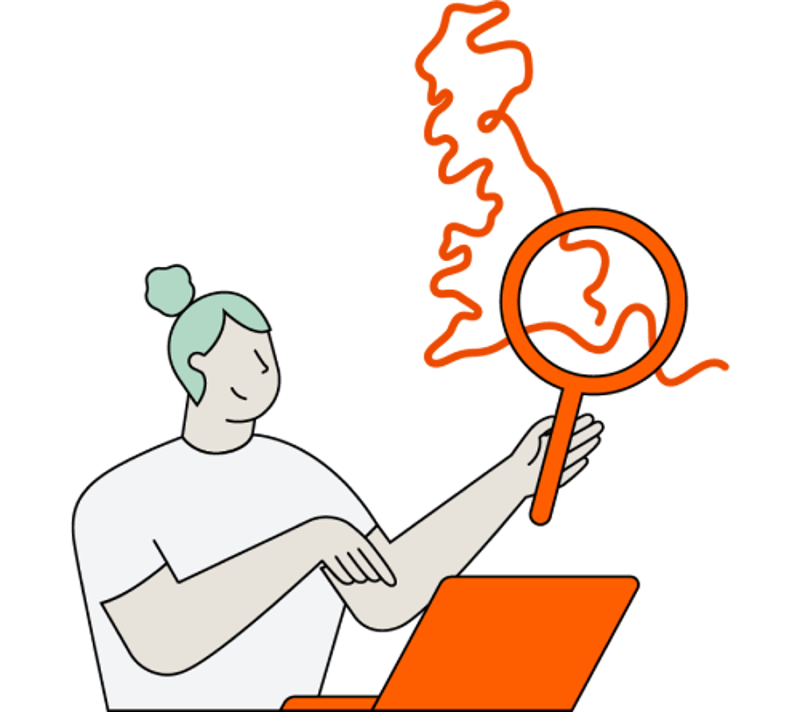Some people might struggle to talk about their gambling for many reasons. For example:
- shame and embarrassment
- a lack of hope that their gambling can change based on a history of unsuccessful attempts
- a fear of being judged
- not recognising gambling as the main issue
- recognising the problems caused by their gambling but not feeling able or ready to tackle the issue
You can help by asking them: Has your gambling or the gambling of someone close to you had an impact on your life?
You might feel uncomfortable talking to a patient about their gambling. If they do have a problem, they might be relieved to discuss it. If they do not think they have a problem, they're unlikely to be offended by the question.
They might also not know support services exist. If your patient does need help with their gambling, you can encourage them to contact the National Gambling Support Network (NGSN), or other local support services.
The 3-step referral process
Here are the 3 steps you can take when referring a patient or client to gambling support services:
